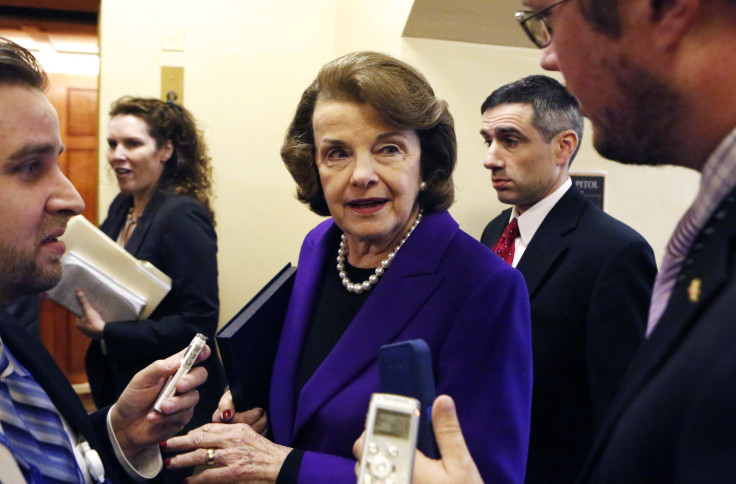Threat Of Attacks On US Targets: CIA Torture Report Prompts Increased Security

WASHINGTON – Concerned about possible retribution attacks on U.S. targets, the Obama administration has taken extensive steps to ensure the safety of foreign diplomats after publication of a scathing Senate committee report detailing harsh interrogation techniques used by CIA operatives on detainees in the wake of 9/11.
“We will pay close attention to any possible security threats arising from the release of this report,” a senior administration official said in a briefing for reporters on Tuesday. “We’ve prepared our embassies and our foreign partners.”
The report from the Senate Intelligence Committee, headed by Sen. Diane Feinstein, D-Calif., described a number of harsh tactics used by the Central Intelligence Committee in the wake of the Sept. 11 terrorist attacks, in pursuit of information about future potential attacks on U.S. soil. The extreme tactics covered in the report -- in the works for years but finally released Tuesday -- include forced rectal feedings, forcing prisoners to stand naked and shackled for hours, and threatening death or sexual assault to detainees' family members.
The release of the report was accompanied by many warnings that it could spark violence in the Middle East (where most of the detainees came from) or in the nations of allies that aided the American program.
The report redacted the names of countries and officials that cooperated with the CIA in executing the programs, but there was still diplomatic concerns those nations would be upset about the extensive detailing of the torture programs.
A senior administration official said those nations had be contacted to explain the reasons for releasing the report.
“I think our general view here is that the release of this report is an important milestone in bringing transparency to this program, of underscoring why we have prohibited these types of techniques,” the official said.
The State Department had the head of every diplomatic post around the world conduct an assessment of their current security situation. Those leaders are regularly reporting back to Washington and monitoring any changes, a second senior administration official said.
The State Department also reached out to Americans who are currently living abroad.
“We will advise American communities abroad and about changes in the security environment,” a senior administration official said.
Overall, the White House is making the case that disclosure will benefit the nation in the long run by demonstrating that such techniques will not be used again.
“Frankly, I think there is value in transparency, by being transparent and by providing this information to the public, I think it adds another strong piece of evidence as to why we should not do these things as a country,” a senior official said.
© Copyright IBTimes 2024. All rights reserved.






















